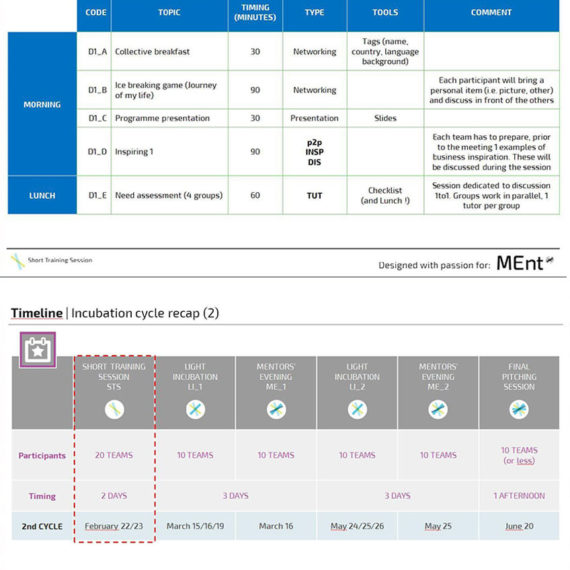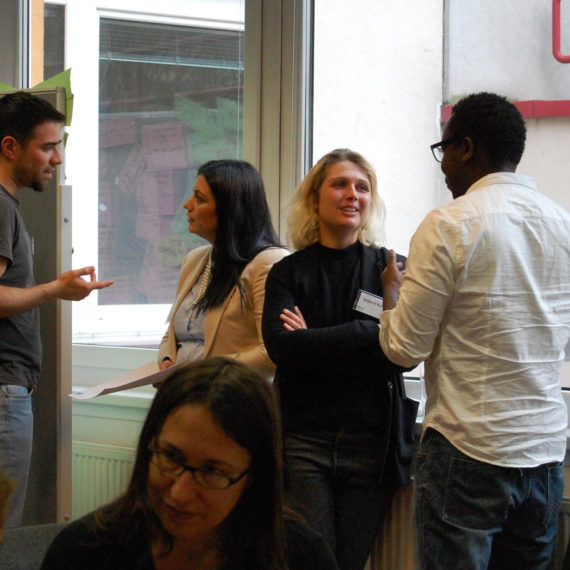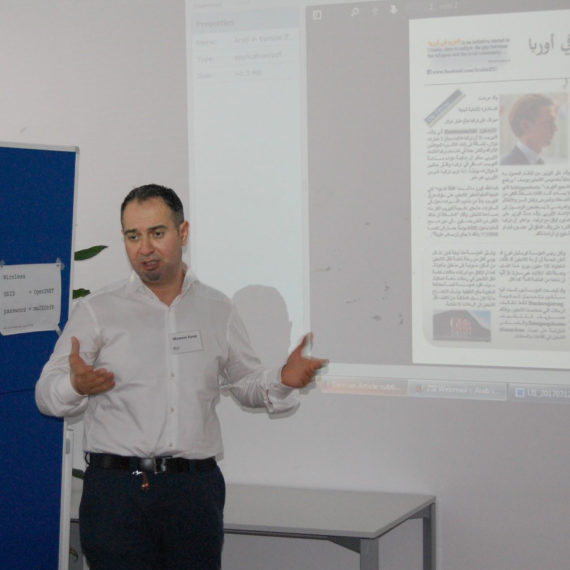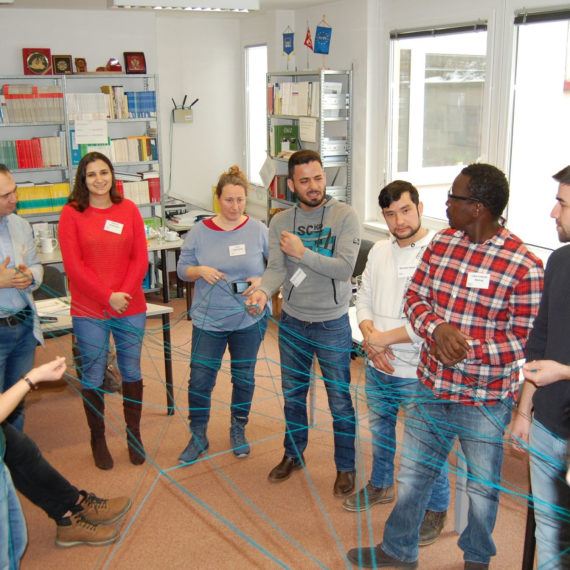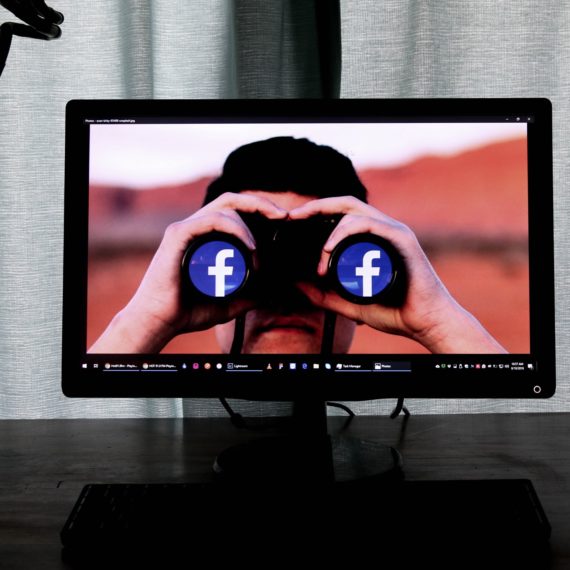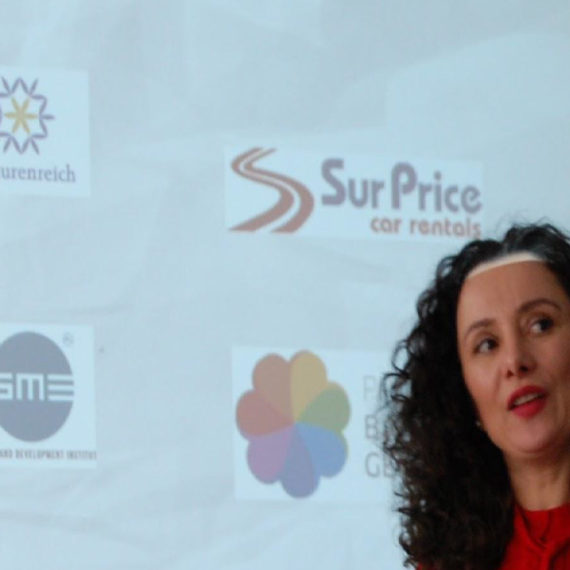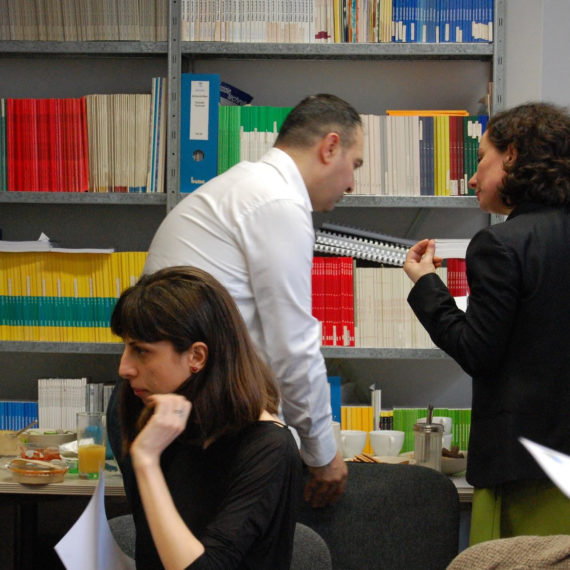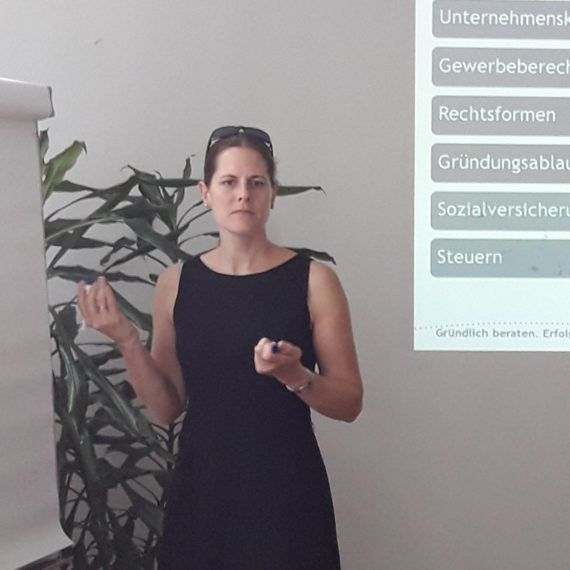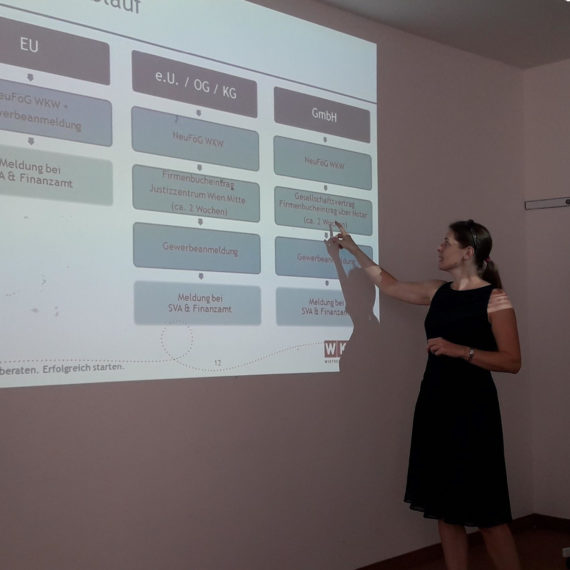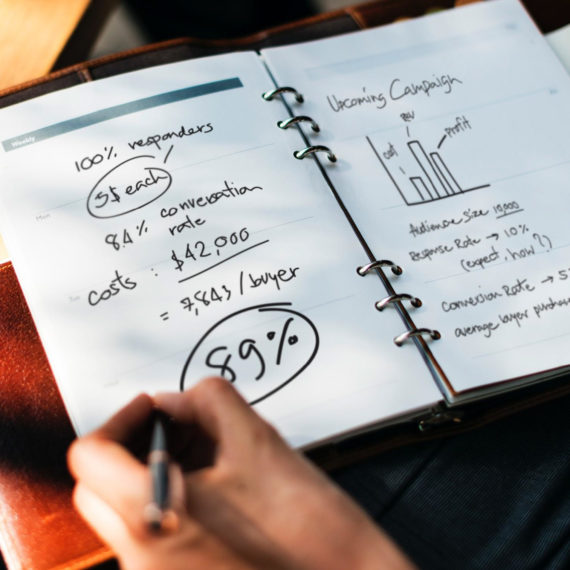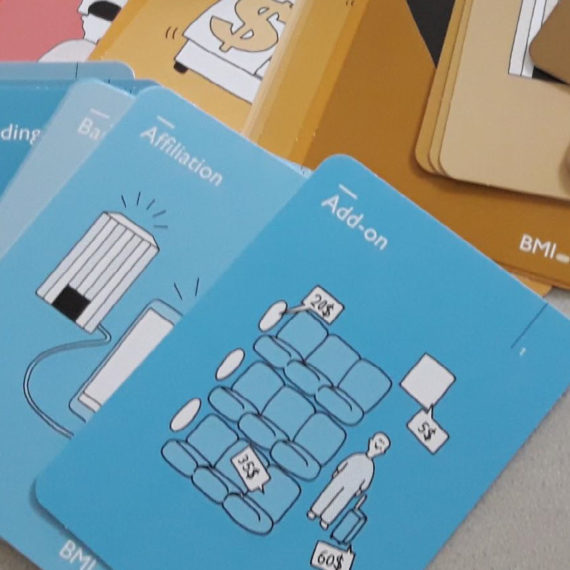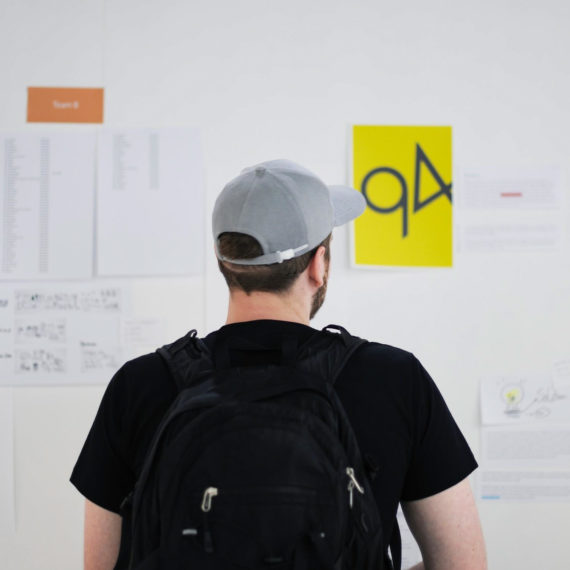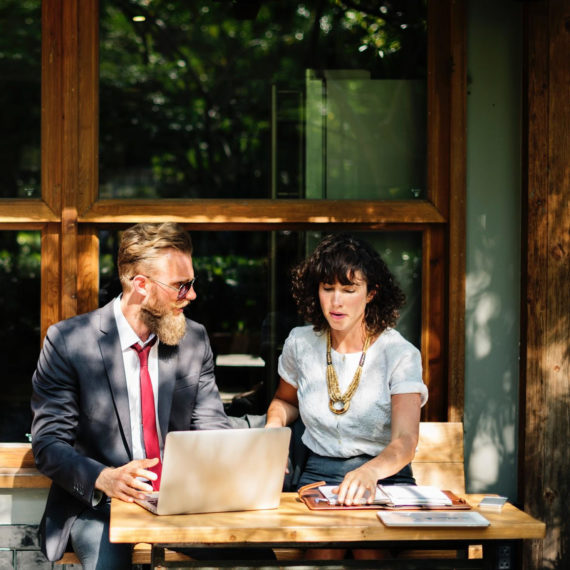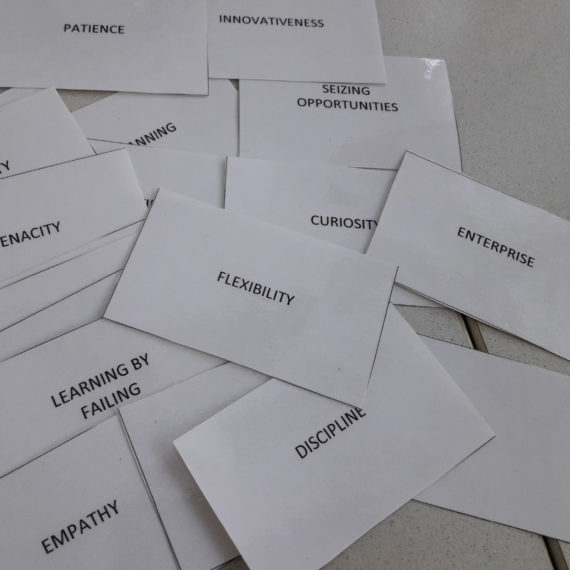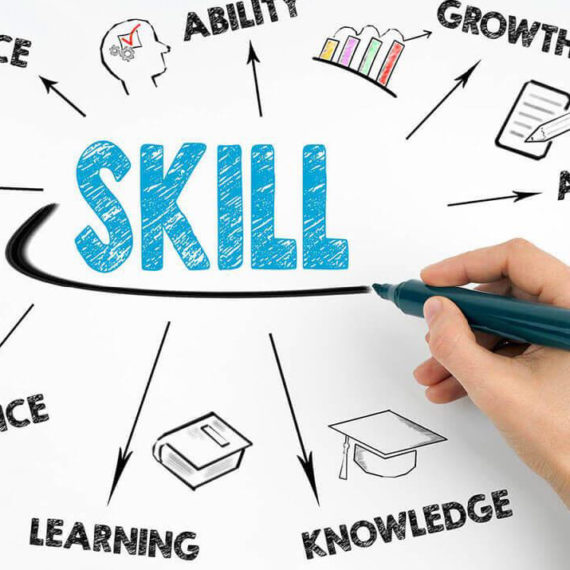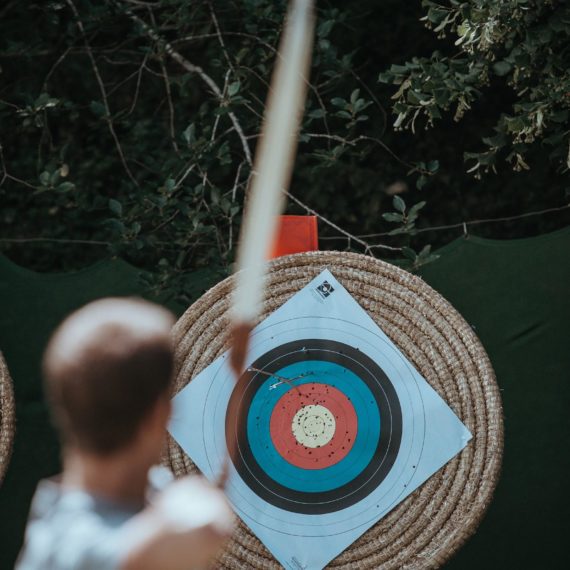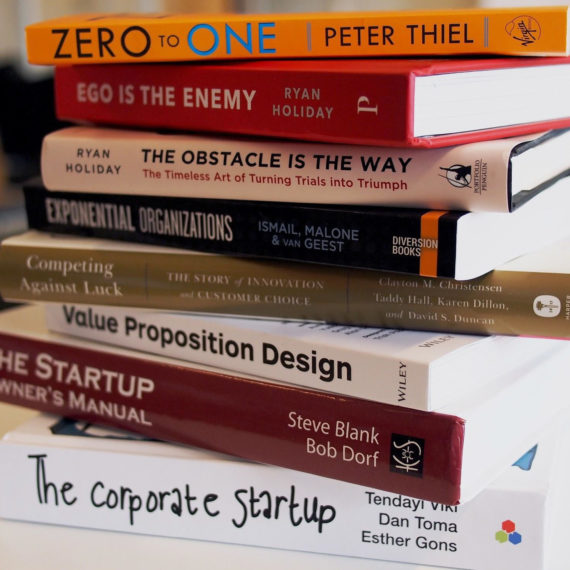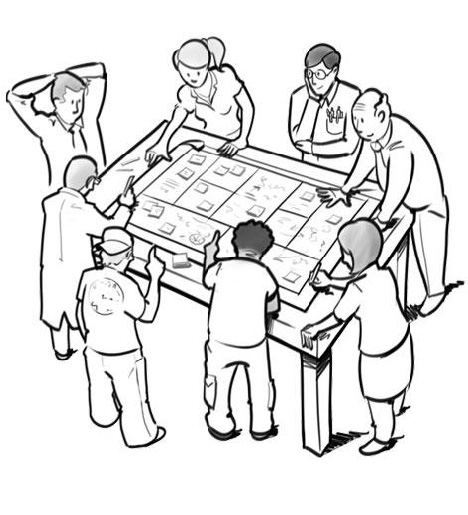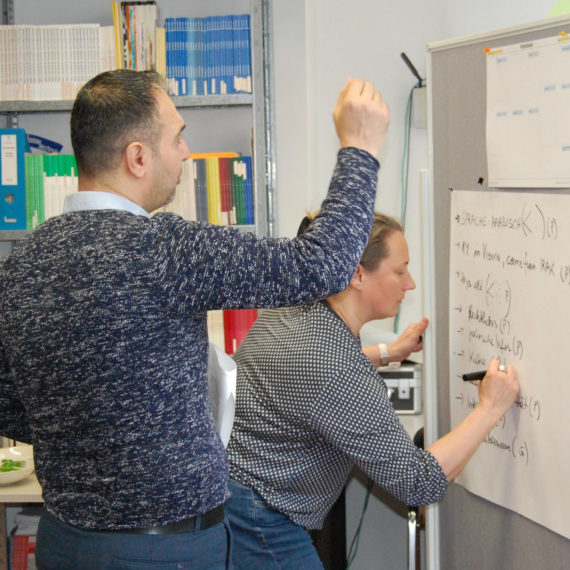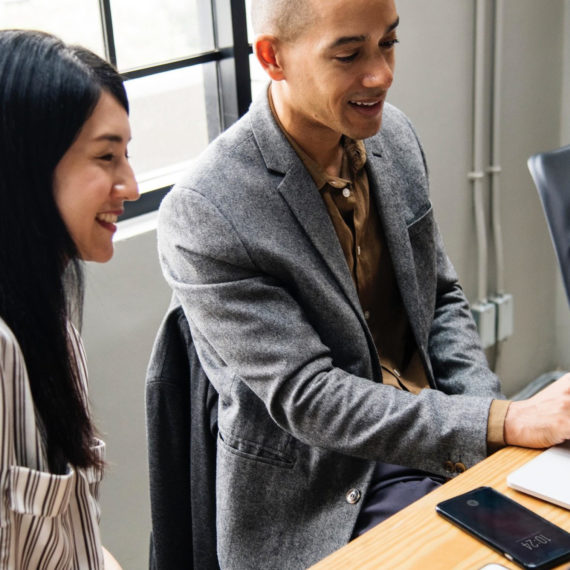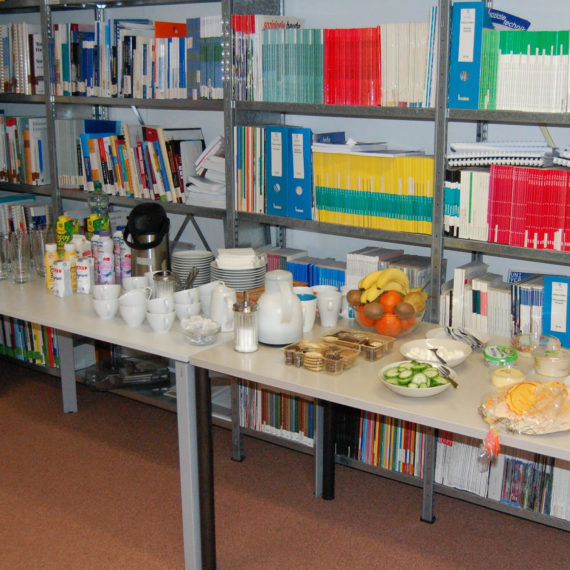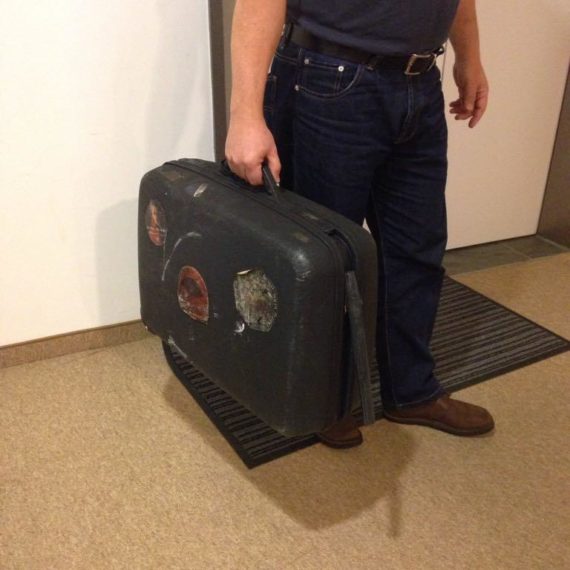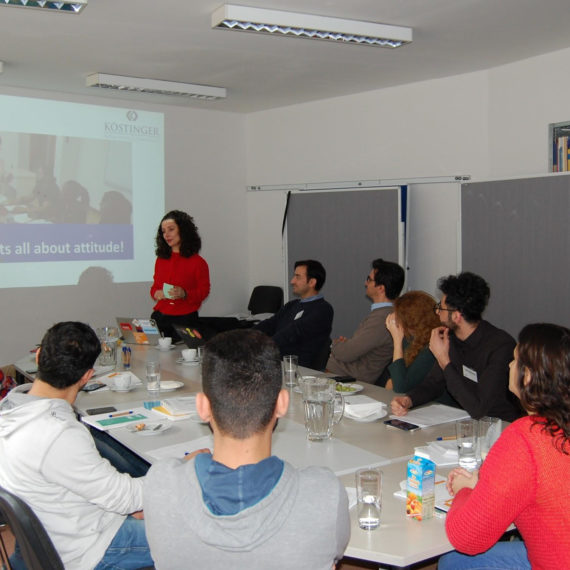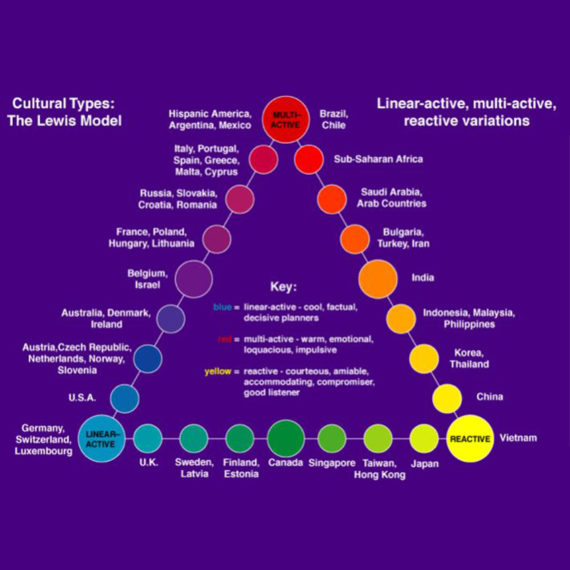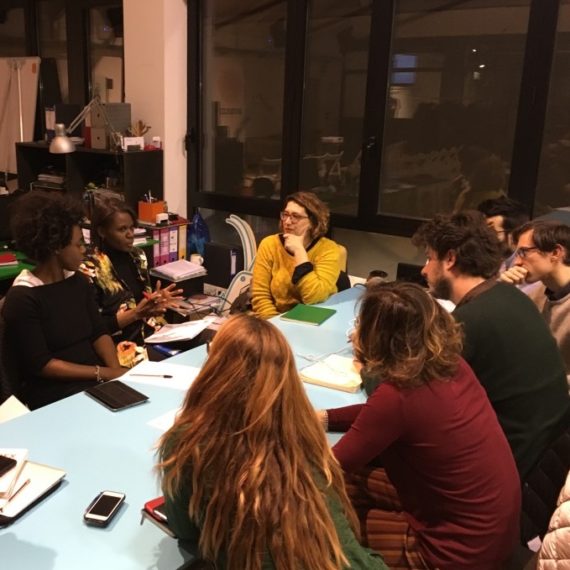MEnt Light Incubation Toolkit
MEnt Incubation Structure
The Short Training Session (STS)
The Short Training Session has the objective of:
- Providing first support to migrants for the refinement of business ideas
- Supporting knowledge exchange, horizontally among teams
- Facilitating the projects evaluation, in addition to desk analysis
- Reinforcing motivation of applicants, towards long term objectives
- Providing inspiration in terms of content, process, approaches and attitude
STS
The Light incubations (LI1 and LI2)
The Light Incubation has the objective of:
- Providing support to migrants for the refinement (or the development) of a solid business model
- Reinforcing motivation of applicants, towards long term objectives
- Providing inspiration in terms of content, process, approaches and attitude
- Expanding the network of allied partners and people
LI1
LI2
Input Sessions Tools
Lectures
They consist in short lessons delivered both by internal partner teachers/tutors and experts (in case of specific themes or subjects)
WHY: the aim is to provide to each member of the team the same level of knowledge that will be applied during workshop sessions
HOW: lectures will last normally 20-40 minutes and address a specific issue/topic/method. The teacher will use a presentation that will be made available to all participants using a common repository.
WHERE & WHAT: a room big enough to contains chairs for 35 to 65 people (20- 10 teams, 3 persons on average, plus 3-5 for staff), a projector, audio service, electricity and tables.
Inspiring talks
WHY: the objective of the talks is to stimulate creativity, reinforce motivation, expand networks, explore how other migrants/experts address the issue of entrepreneurship
HOW: sessions of 45 minutes at maximum, plus Q&A; the session can be organised in late afternoon/evening and open to the public
WHAT: a room big enough to contains chairs for 35 to 65 people (20-10 teams, 3 persons on average, plus 3-5 for staff), a projector, audio service, electricity and tables (same as lectures); larger room if the talks are open to the public
Teamwork Sessions tools
Workshops
Teams, usually after lectures and presentations of specific tools (i.e. personas, BMC, etc.), will be engaged and encouraged to promptly apply to their own business idea the knowledge just acquired. After the workshops, one or two teams will be invited to present the work done to all the others team a tutors.
WHY: immediately apply methods to the specific case; get the opportunity to interact with the lecturer and tutors
HOW: team work around a table, using forms / schemes provided by the lecturers that will be also available in the shared repository; tutors will be available to answer questions and help the teams
WHERE & WHAT: workshops could take place in the same room used for lectures (or other close rooms); tools that will be used must be printed beforehand in A3 or A4 formats according to the contents
Peer to Peer sessions (p2p)
WHY: the objective of the p2p sessions is to facilitate horizontal support among participants and explore potential alliances
HOW: each team will have the possibility to discuss with other groups in dedicated sessions, sometimes in stand alone sessions and, in other cases, during workshops
WHAT: the sessions could take place in the same room used for lectures (or other close rooms); tools that will be used (if any) must be printed beforehand in A3 or A4 formats according to the contentsom big enough to contains chairs for 35 to 65 people (20-10 teams, 3 persons on average, plus 3-5 for staff), a projector, audio service, electricity and tables (same as lectures); larger room if the talks are open to the public
Community Sessions tools
WHY: create a sense of community between the participants and with mentors in order to establish based on trust and a common ground. Local relationships are important since they can be source of knowledge, support, dialogue and, why not, funds.
HOW: activities and rituals – not strictly business related – enabling participants and mentors to spend quality time together and share stories and point of views.
WHERE & WHAT: the activities could take place in the same room used for lectures (or other close rooms), or even outside of the usual places.
This tool is licensed under a Creative Commons Attribution-NonCommercial-ShareAlike 4.0 International License.




